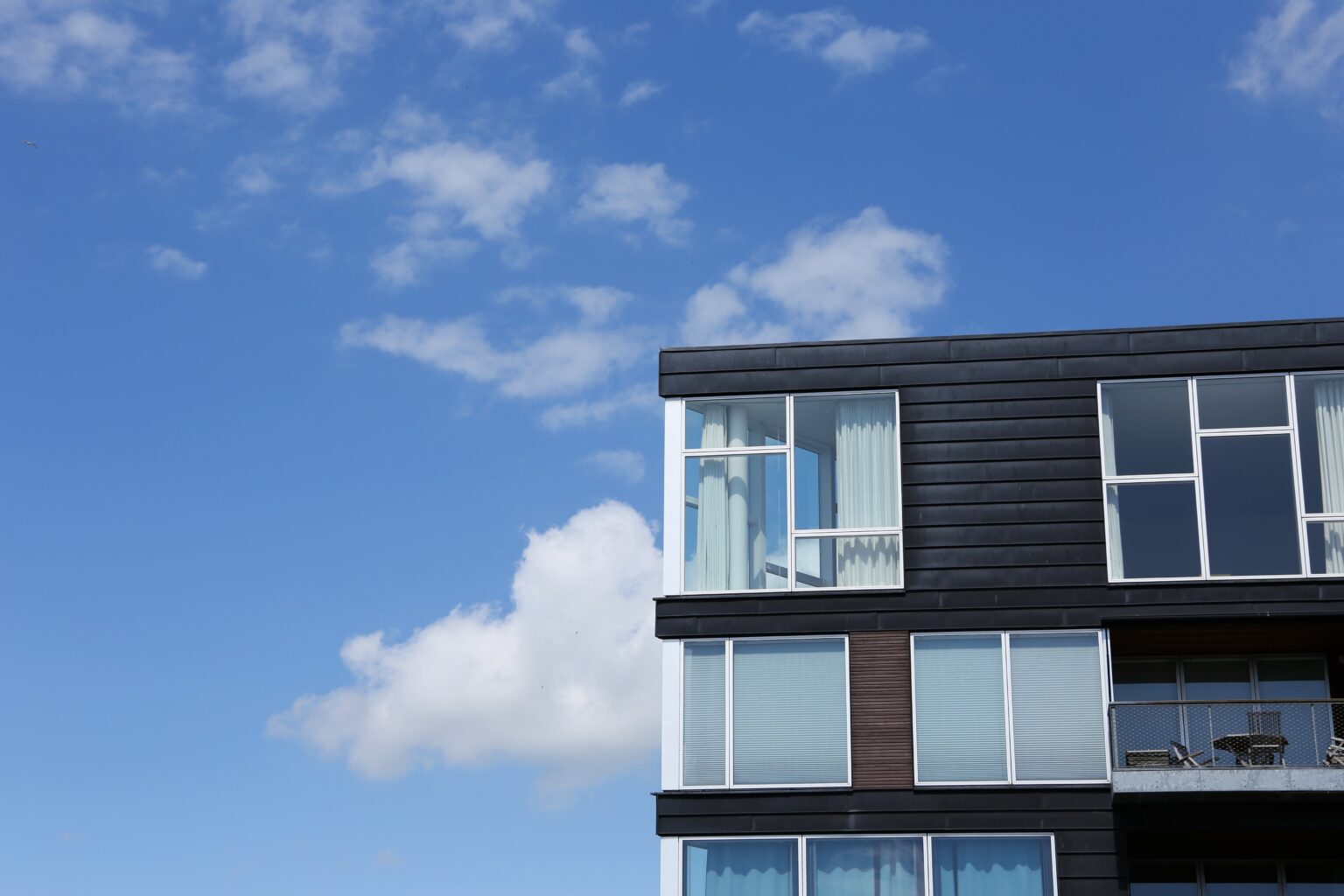We’ve all seen images of 2x4s speared through windows, shattered glass covering belongings, and homes devastated by hurricane-force winds. Hurricane-proof windows help protect against high winds and flying debris and reduce noise.
But how much do hurricane-resistant windows cost? A variety of factors affect the total cost. Consult with window experts to help guide your decision.
Impact Resistant Levels
Hurricanes, tornadoes, and straight-line winds can wreak havoc on homes that don’t have the right windows in place. You’ve likely seen the horrific post-storm photos of 2x4s speared through a window or furniture and belongings scattered across the yard.
Investing in hurricane proof window will help keep the elements outside of your home where they belong. It will also prevent windborne debris generated from severe storms from smashing into your house and causing serious damage or injury.
When shopping for impact-resistant glass, look for a rating that indicates the glazing has passed Miami-Dade County hurricane resistance standards. The rating is typically stated as a number that means how much wind speed the window can handle without breaking. You’ll also want to consider the frame material of your hurricane-resistant windows. For instance, pultruded fiberglass and aluminum frames are more potent and better at resisting windborne debris than vinyl. They’re also more stable in high temperatures and less prone to distortion under stress.
Energy Efficiency
Unlike regular windows, impact-resistant windows offer increased energy efficiency. It is because they have thicker glass and a durable frame that helps them insulate your home and prevent heat loss. They also typically feature low-e coatings that help reflect the sun’s rays and reduce unwanted solar heat gain.
These windows also help reduce outdoor noise pollution and provide a quieter environment inside your home. And as a bonus, they can increase your home’s resale value.
Laminated glass and tempered glass are the most popular choices for hurricane windows. Both feature multiple layers of glass bonded together through a sturdy interlayer, helping them resist excessive shattering during a storm. These features make them much safer than traditional window types, particularly in areas prone to high winds and flying debris during extreme weather.
Aesthetics
Protecting your home against the elements is a top priority in areas prone to hurricanes. Installing hurricane windows not only prevents spikes in energy costs but also protects your property and family from severe storm damage.
The design and aesthetic of hurricane windows are essential because they can affect your home’s overall appearance. Aesthetic options include different window frame colors, shapes, and sizes. There are also various glazing and tint options to choose from. The type of glazing and tint you select will affect the amount of light that enters your home during the day and the level of privacy at night.
Some window types come with additional features that increase the insulating qualities and durability of the windows. These features vary in price and may be more expensive than the basic windows. For example, stabilizer bars and double-pane glass are more expensive than standard windows. These extra features can help protect your home from hurricanes and burglaries.
Warranty
Building codes may require new construction to include hurricane windows during construction or by a specific year in regions prone to hurricanes. Investing in home protection is an absolute must! Not only will it reduce insurance rates, but it will also prevent costly damage. Please protect your home and wallet before it’s too late.
The right hurricane windows will have an interlayer between the panes that stops flying debris if hurled against them. It will keep the glass from shattering, preventing injuries or property damage. The frame of the hurricane windows should also be solid and able to resist corrosion from ocean saltwater.
Choosing the best hurricane-proof windows for your home will increase the value of your property and protect you and your family from severe storm damage. When deciding, consider the impact-resistant level, energy efficiency, and aesthetics. Then, enjoy the peace of mind of knowing your home is protected year-round against high winds and debris.
